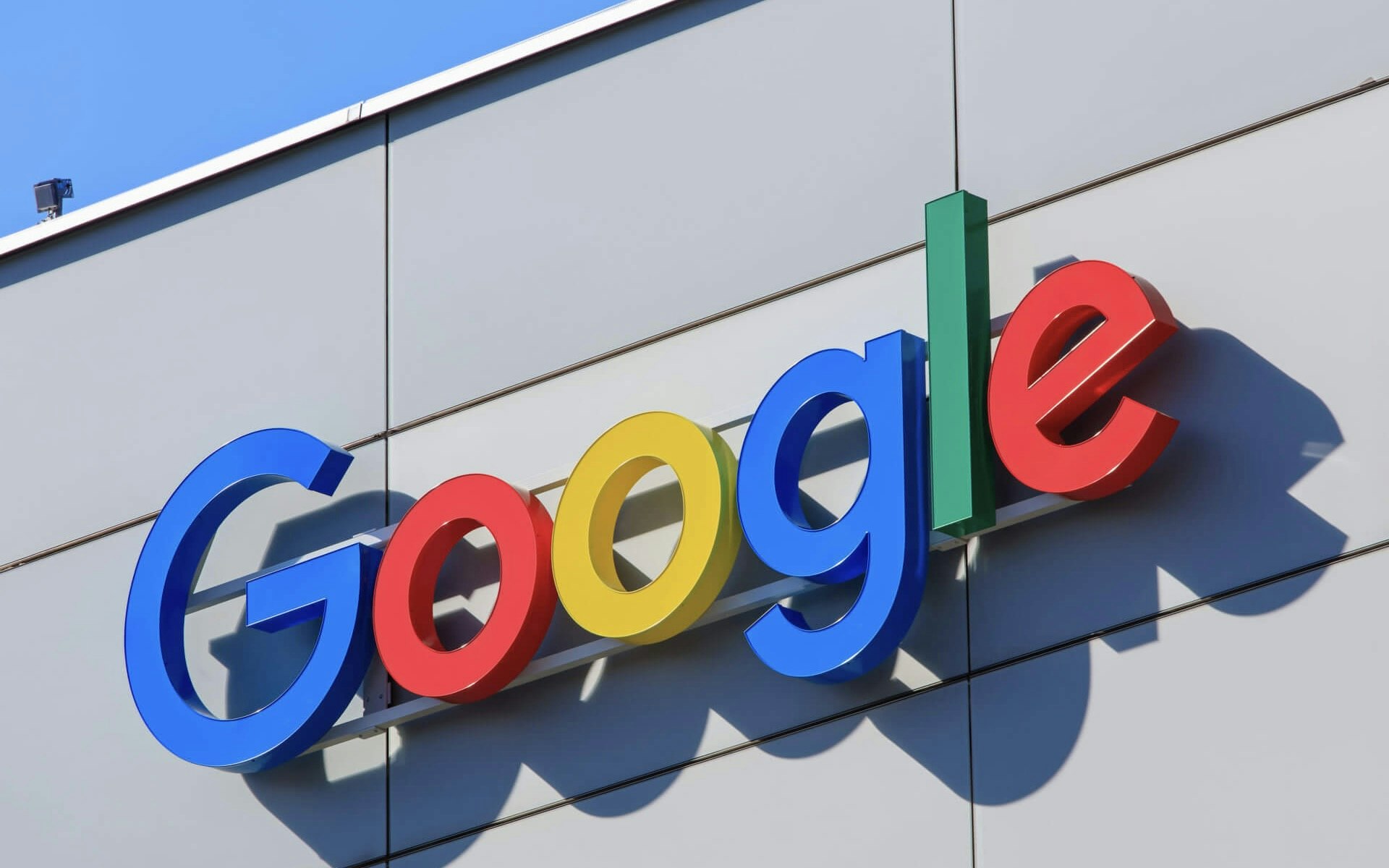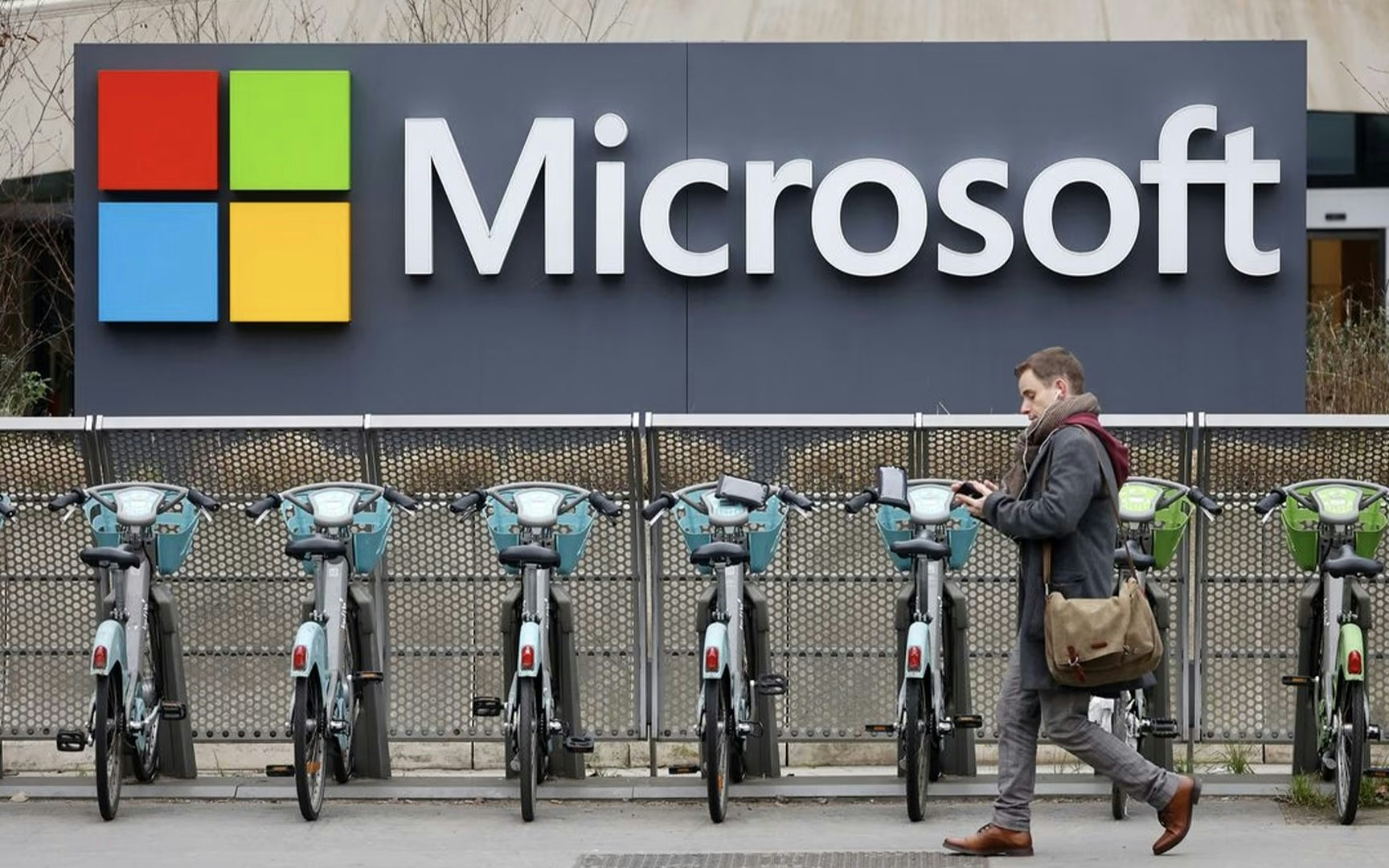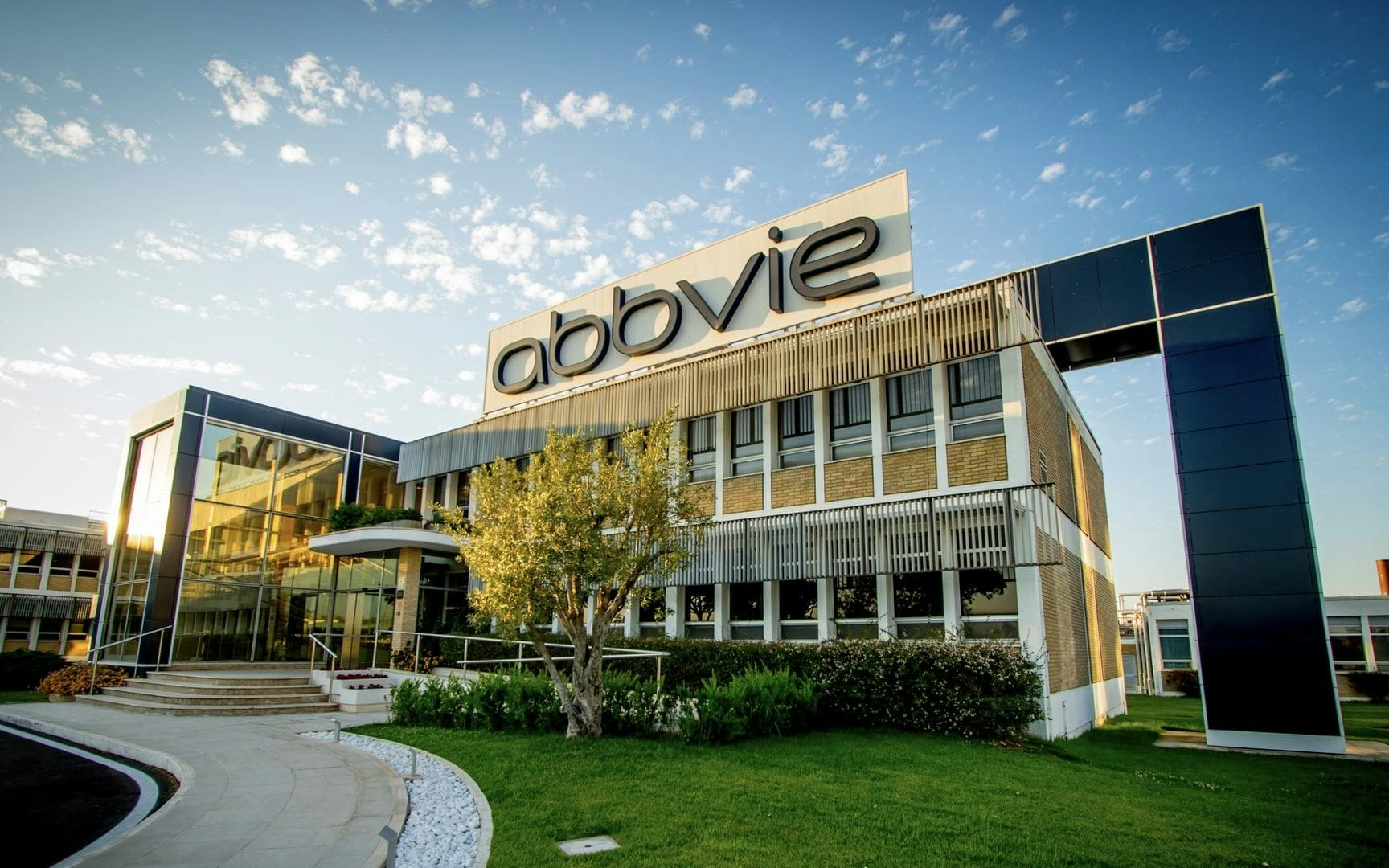Meta Platforms has announced that it will shut down CrowdTangle, a data tool long used by academic researchers, journalists, and others to monitor the spread of content on its services Facebook and Instagram, in five months. The social network plans to replace CrowdTangle with a new tool, the Meta Content Library, which will only be available to academic and nonprofit researchers, but not to most news media. CrowdTangle has been extensively used by journalists, researchers, and regulatory authorities to better understand social media and to study the viral spread of content, including misinformation and conspiracy theories. Reports based on data generated by the tool often caused frustration among the executives at Meta, who have increasingly restricted the tool in recent years.
Meta has already begun accepting applications for access to the new tool still under development. The company claims it is an improvement over CrowdTangle, with features the old tool did not offer, such as the ability to search for content based on how widely it was spread, and to see data on public comments to posts. Two researchers who got early access to the new system gave it a mixed review. They expressed concerns about the lack of CrowdTangle’s ability to study social media activity in specific geographic locations, and about the timing of CrowdTangle’s planned discontinuation, especially as this could significantly disrupt research into political activity on Facebook and Instagram during the 2024 US elections.
Meta Promised to Continue Gathering Feedback from Researchers and to Add New Features and Data Sets Over Time. However, the Biggest Difference From CrowdTangle Will Be in Who Can Use It. Academics and Non-Profit Organizations Can Request Access to the Content Library, Hosted by the Interuniversity Consortium for Political and Social Research at the University of Michigan. However, For-Profit Organizations, Which Include Most American News Organizations, Will Not Have Access.
Researchers have also complained about a lack of transparency on other social media platforms. Despite the limitations of its new tools, Meta said that its new tool still provides more access to platform data than competitors like TikTok and YouTube, which generally only grant data access to academics in the US and Europe. Facebook acquired CrowdTangle in 2016 to help news publishers track and emulate the most powerful content on Facebook and other social media.
The Tool Also Proved Useful for Company Employees Investigating Issues Like the Overperformance of Content from Small Publishers, Conspiracy Theories, Clickbait, and Material Violating Meta's Policies. CrowdTangle's Utility in Identifying the Viral Success of Controversial Content on Facebook, However, Did Not Always Endear it to Meta Leadership. Internal Differences Escalated After a New York Times Journalist Set Up an Automated Twitter Account in 2020 That Daily Listed the Most Widely Circulated Links on Facebook, Highlighting the Success of Conservative Political Publishers on the Platform. Ultimately, Meta Disbanded the Team Overseeing CrowdTangle in the Summer of 2021 and Planned to Shut It Down Completely in Early 2022 but Paused Until a Replacement Could Be Developed in Line with the Digital Services Act, a European Law Imposing Transparency Requirements on Large Online Platforms.








